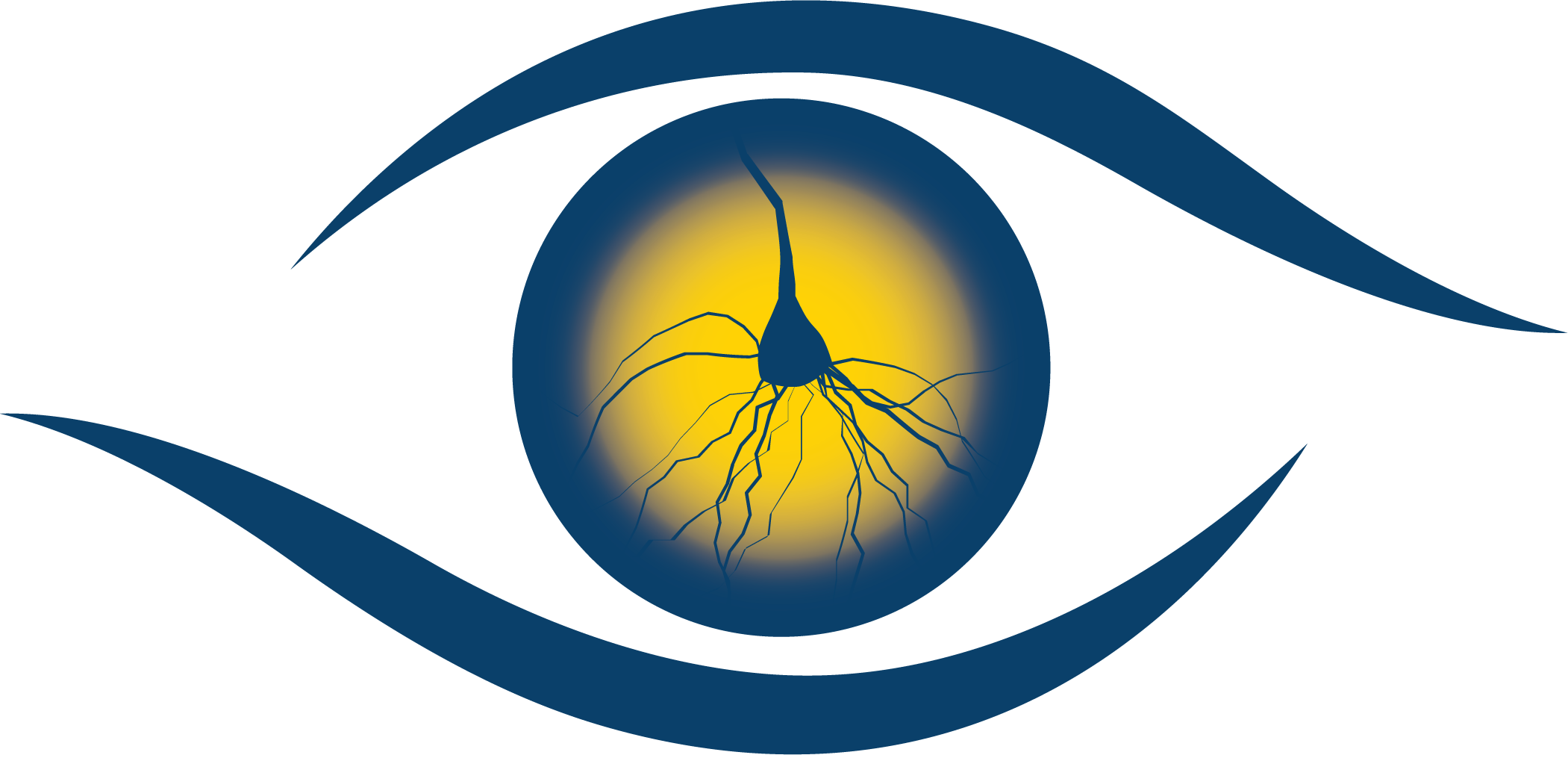Neural Coding
22th Symposium: June 1-3, 2000
Information Coding in Spike Trains
Chair: Alexandre Pouget, Moderator
Moshe Abeles, Hebrew University
Timing accuracy of cortical neurons
Anthony Zador, Cold Spring Harbor Laboratory
The cocktail party problem: computation in the rat auditory cortex
Ad Aertsen, Albert-Ludwigs-University
Neural dynamics in cortical networks: experiments and models
Dana Ballard, University of Rochester
Distributed synchrony
Early Circuits
Chair: Michael Weliky, Moderator
Charles Gray, University of California, Davis
Cellular mechanisms underlying response variability, precision, and synchronization
Clay Reid, Harvard Medical School
Spike timing and the transmission of information between retina, thalamus, and visual cortex
David Field, Cornell University
Optimality, independence, and the visual system's bag of tricks
Coding Experience: Development and Plasticity
Chair: Marc Schieber, Moderator
Rafael Yuste, Columbia University
A—From form to function: calcium compartmentalization in dendritic spines
B—Developmental regulation of spine motility in the CNS
Zachary Mainen, Cold Spring Harbor Laboratory
Neural coding in the olfactory system
Michael Weliky, University of Rochester
Recording and manipulating the in vivo correlational structure of neuronal activity during visual cortical development
Ken Miller, University of California, San Francisco
Development and function of the layer 4 cortical circuit: a model of cat V1
Functional Specialization and Distributed Codes
Chair: Tatiana Pasternak, Moderator
Hans Supèr, Netherlands Ophthalmic Research Institute
Contextual modulation in primary visual cortex as a neuronal substrate for visual perception
Ken Britten, University of California, Davis
Spatial summation in extrastriate areas MT and MST of the monkey
Emad Eskandar, Harvard Medical School
Representations of movement direction in the posterior parietal cortex
Alexandre Pouget, University of Rochester
Efficient computation and cue integration with population codes
Large Scale Information Flow
Chair: Edward Freedman, Moderator
Terrence Sejnowski, The Salk Institute
Non-classical receptive fields in a Bayesian context
Charles Duffy, University of Rochester
Neuronal population encoding in MST: a cortical mechanism for spatial orientation
Jeff Schall, Vanderbilt University
Neural selection of targets for orienting
Maurizio Corbetta, Washington University
Mapping in time the human brain regions involved in perceptual set, search, and decision
Organizing Committee:
Mary Hayhoe, Chair
David Calkins
Alexandre Pouget
Michael Weliky



